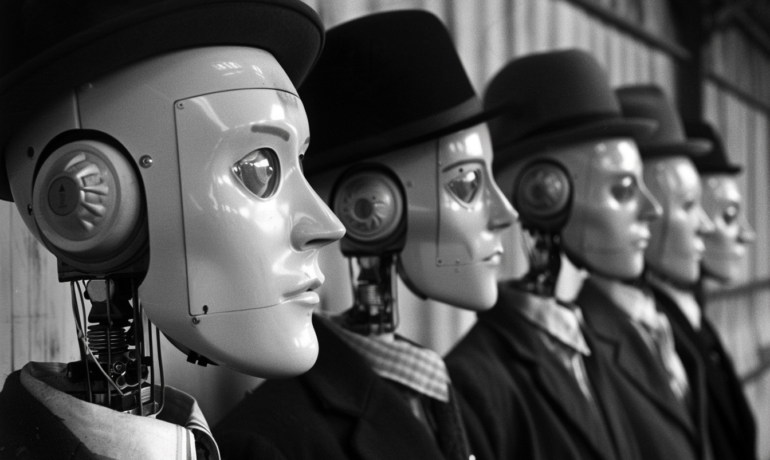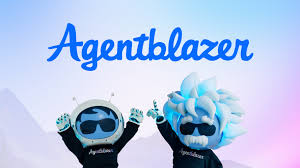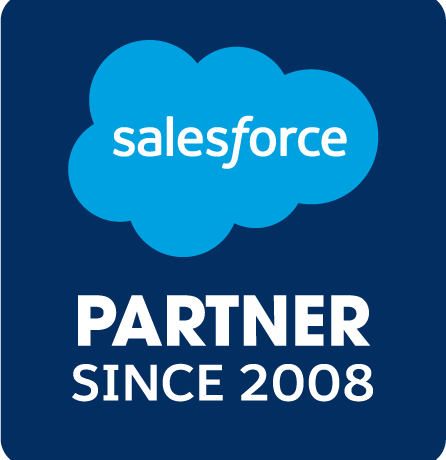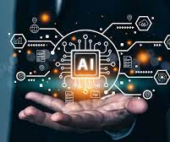AI and Robotics Revolution
The world’s leading CEOs are increasingly preparing for the imminent AI and robotics revolution, signaling a profound shift in the future of work. Salesforce CEO Marc Benioff recently offered a compelling vision of this future, where the boundaries between human and digital labor become increasingly blurred. In a striking declaration, Benioff stated that he would be the last Salesforce CEO to oversee a workforce composed solely of humans, underscoring the transformative impact of AI and robotics on the workplace. His remarks, which touched on the “digital labor revolution,” the multi-trillion-dollar economic opportunity it represents, and the rise of “agents” and robots, provide a thought-provoking glimpse into the evolving relationship between humans and technology in the professional sphere. Benioff elaborated on the concept of the “digital labor revolution,” describing it as a monumental opportunity worth between three and twelve trillion dollars. He emphasized that this revolution encompasses not only AI-driven agents and the “agentic age” but also the dawn of a “robotic age.” He highlighted China’s advancements in robotics as particularly noteworthy, pointing to the global competition in this rapidly evolving field. “The digital labor revolution is this three to twelve trillion dollar opportunity,” Benioff explained. “It involves agents and digital agents and the agentic age, but it also beholds a robotic age. And in the robotic age, who is going to make the robots? I think that that’s very impressive what the Chinese have been able to do with this robotic age. So the robots, the agents, AI—this is all part and parcel of the future.” When questioned about the implications for the workforce, Benioff made it clear that the integration of robots and AI agents into the workplace is inevitable. He envisions a future where humans work alongside these technologies in a collaborative manner. “The robotic age means for the workforce that we are going to work hand in hand with agents and robots,” he said. “I’ve told my employees, my customers, I’ll be the last CEO of Salesforce who only managed humans.” Benioff’s statement is more than a prediction; it is an acknowledgment of a rapidly approaching reality. His reference to the multi-trillion-dollar economic potential of AI and robotics highlights the scale of the opportunity, while his recognition of China’s progress in robotics underscores the global race to lead in this transformative domain. The concept of the “agentic age,” where AI agents operate autonomously, further underscores the shifting dynamics of the workplace, as traditional roles and processes are redefined by technological advancements. The implications of Benioff’s remarks are far-reaching. The integration of AI and robotics into the workforce will not simply augment human labor; it will fundamentally reshape it. This transformation will require a significant shift in mindset for both workers and leaders. Employees will need to adapt to collaborating with AI-powered agents and robots, acquiring new skills to remain relevant in an evolving job market. Companies, meanwhile, will face the challenge of integrating and managing a hybrid workforce, ensuring seamless collaboration between human and digital workers. Ethical considerations, such as the potential for job displacement and the responsible use of AI, will also need to be addressed proactively. Benioff’s words serve as a wake-up call, urging businesses and individuals alike to prepare for a future where humans and machines work side by side. This new era promises unprecedented levels of productivity and innovation, but it also demands careful planning and adaptation. As the lines between human and digital labor continue to blur, the organizations and individuals that embrace this change and invest in the necessary skills and infrastructure will be best positioned to thrive in the age of AI and robotics. Like1 Related Posts Salesforce OEM AppExchange Expanding its reach beyond CRM, Salesforce.com has launched a new service called AppExchange OEM Edition, aimed at non-CRM service providers. Read more The Salesforce Story In Marc Benioff’s own words How did salesforce.com grow from a start up in a rented apartment into the world’s Read more Salesforce Jigsaw Salesforce.com, a prominent figure in cloud computing, has finalized a deal to acquire Jigsaw, a wiki-style business contact database, for Read more Service Cloud with AI-Driven Intelligence Salesforce Enhances Service Cloud with AI-Driven Intelligence Engine Data science and analytics are rapidly becoming standard features in enterprise applications, Read more


















